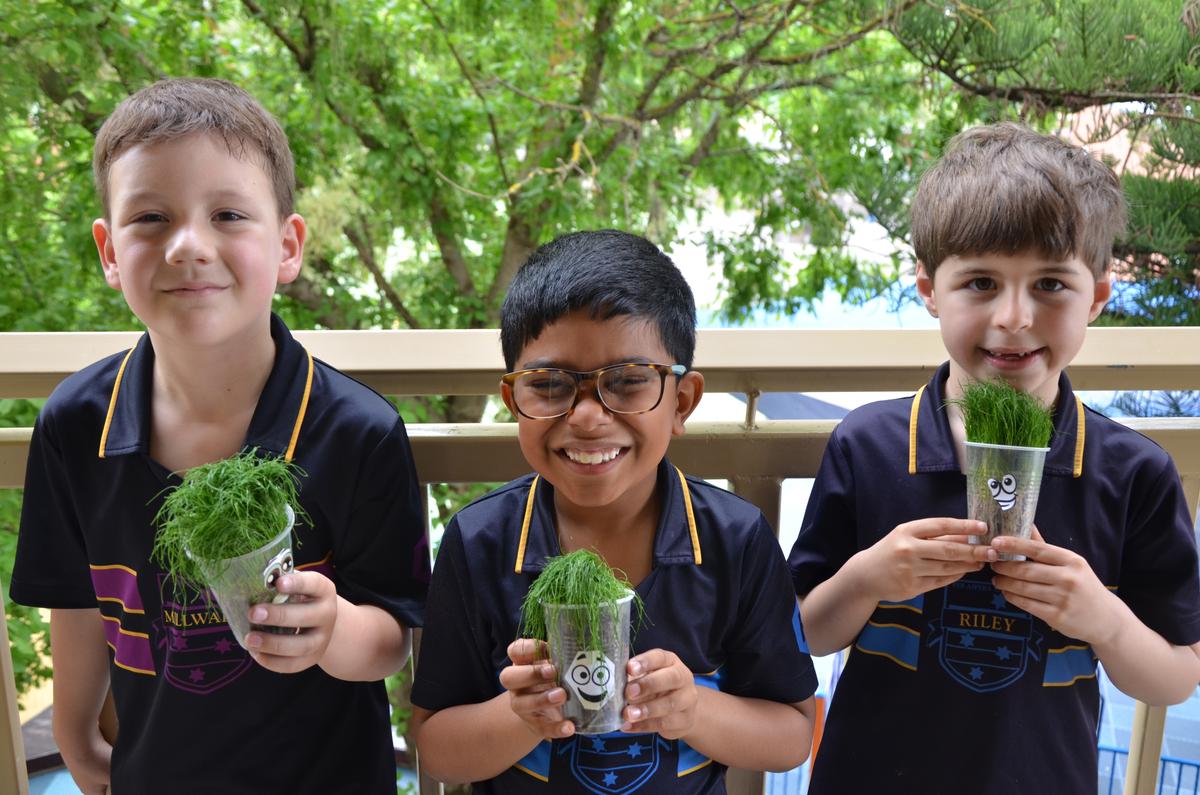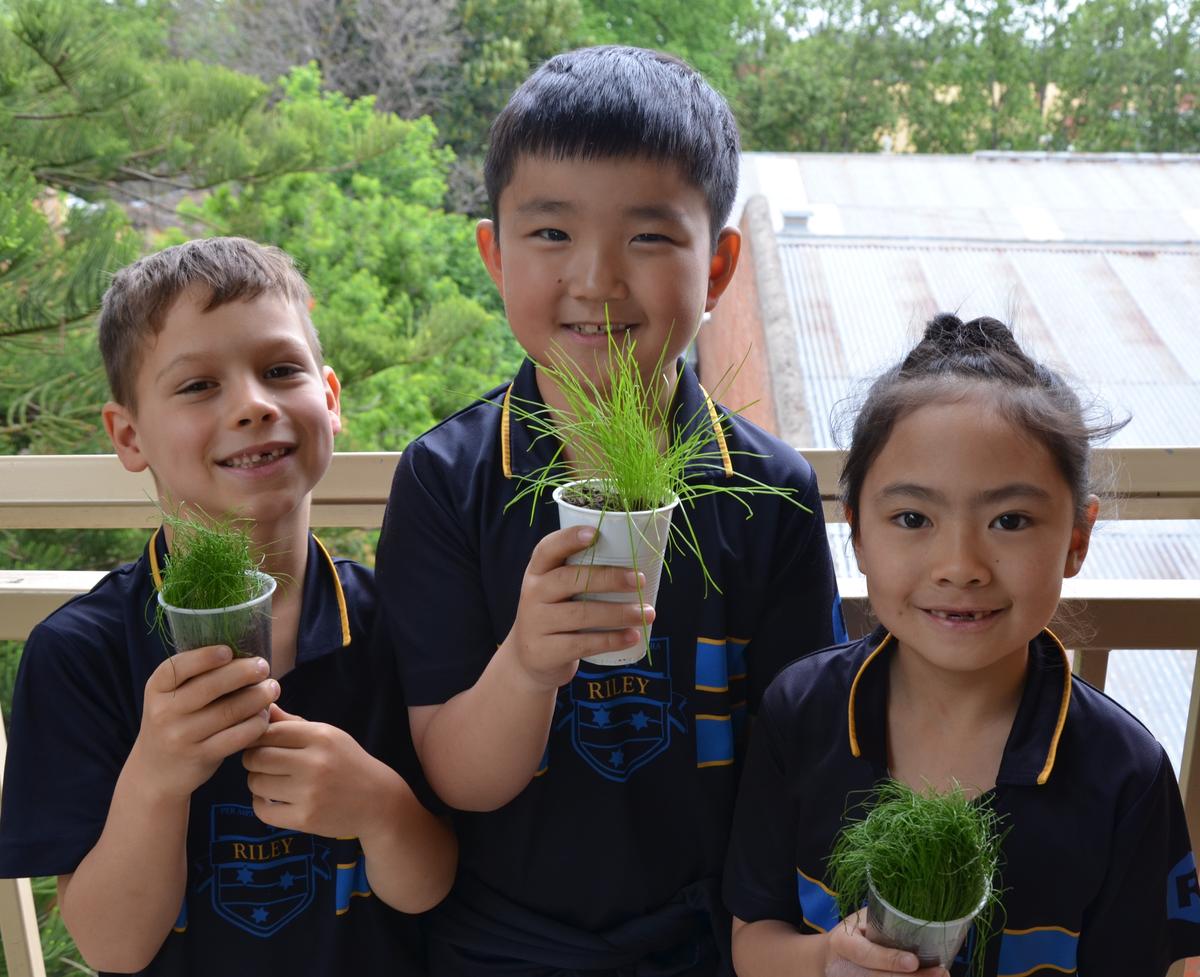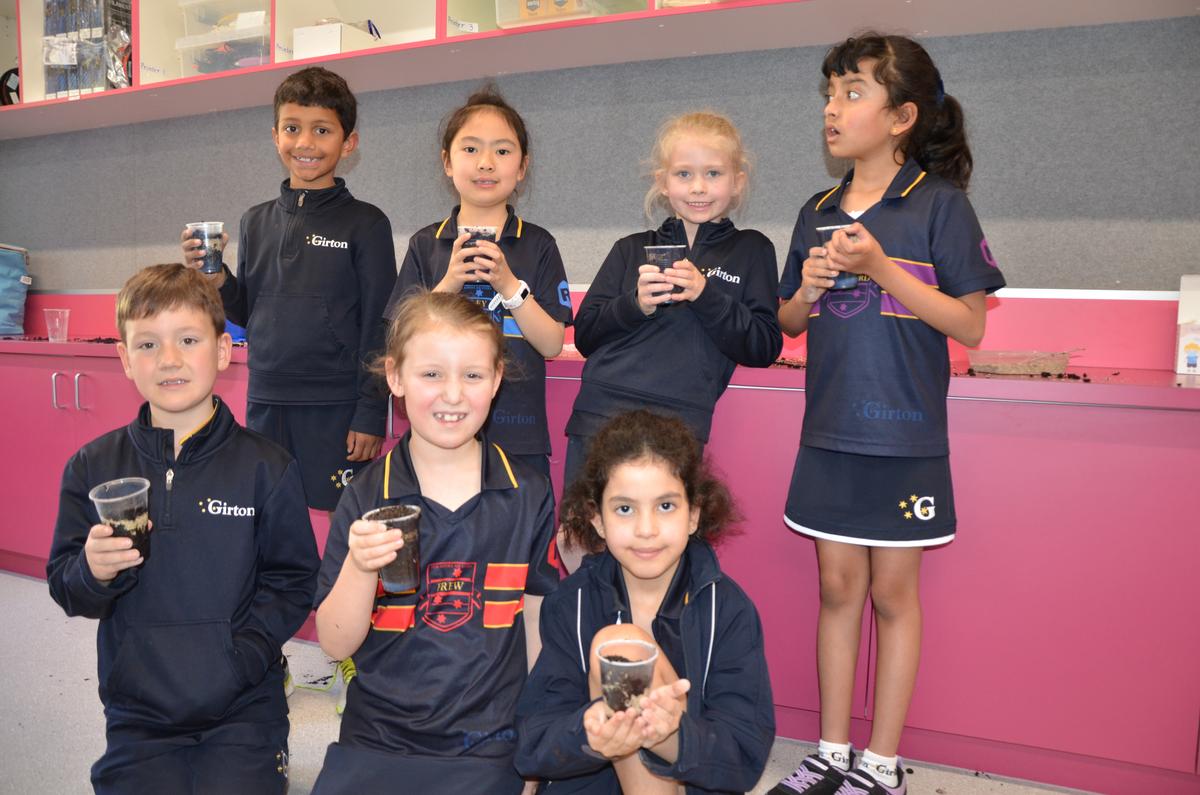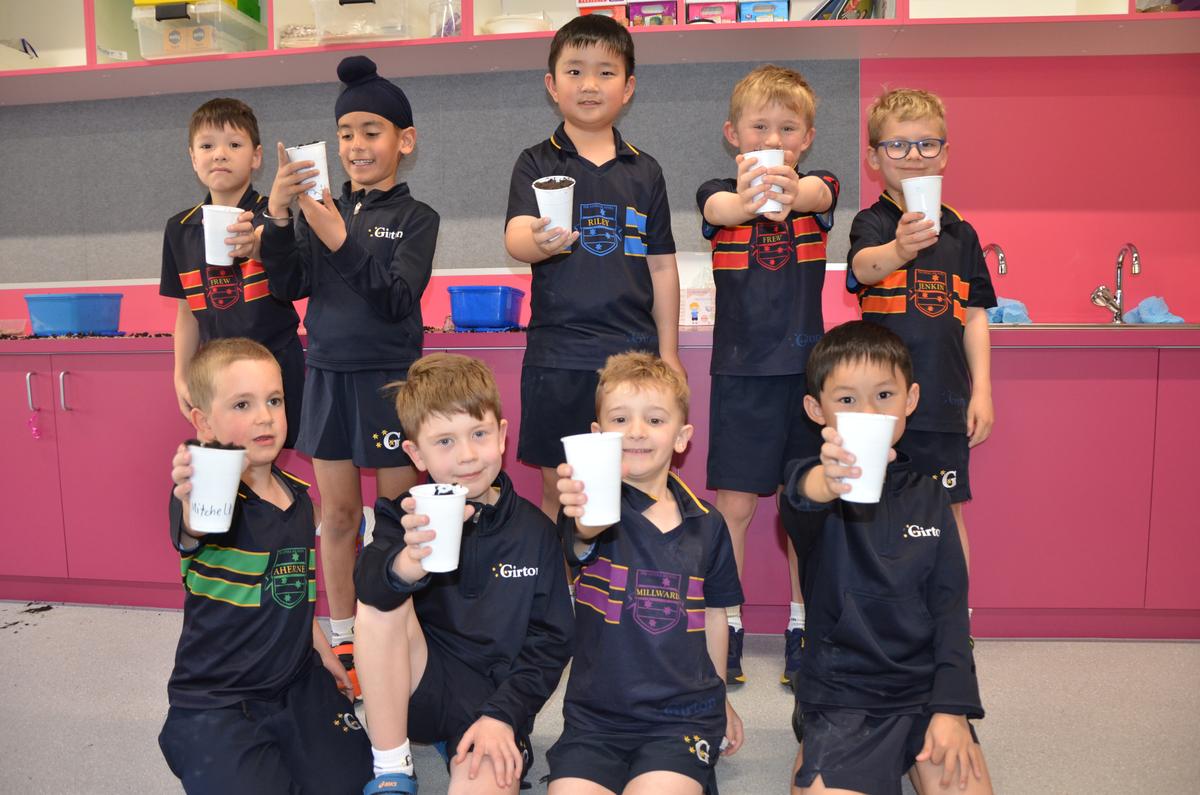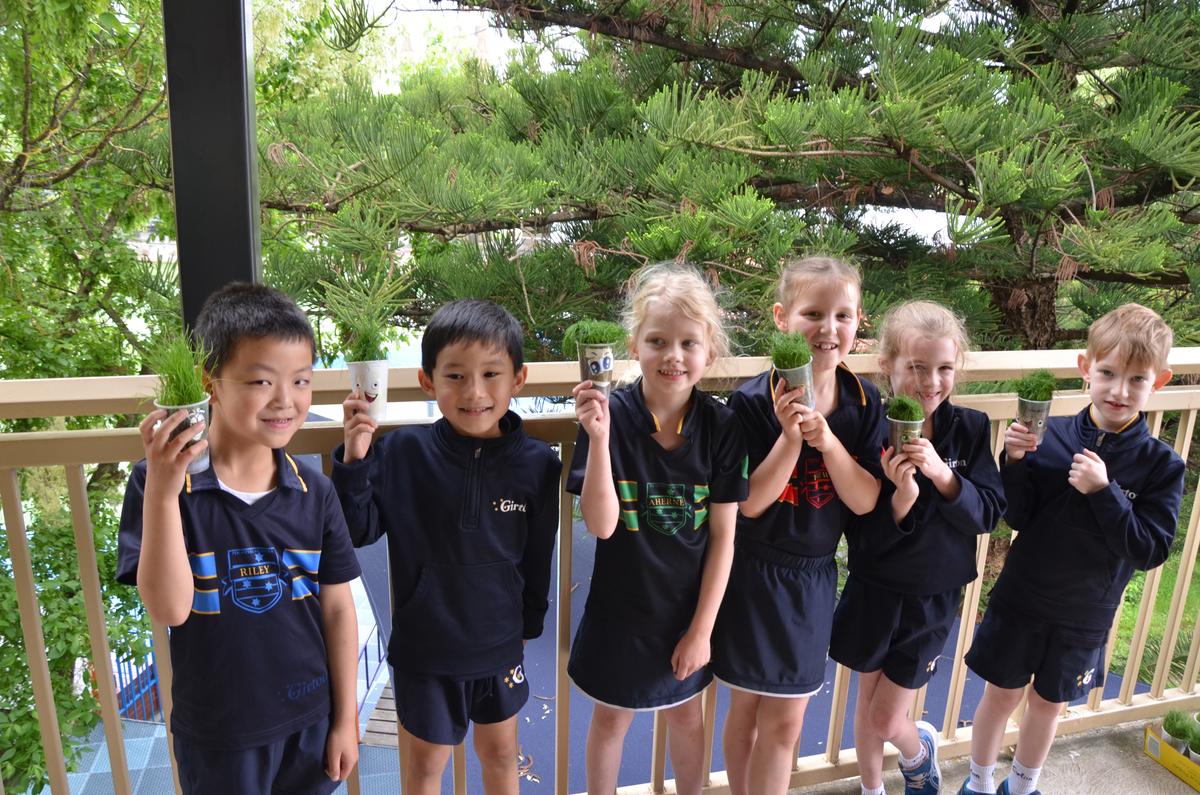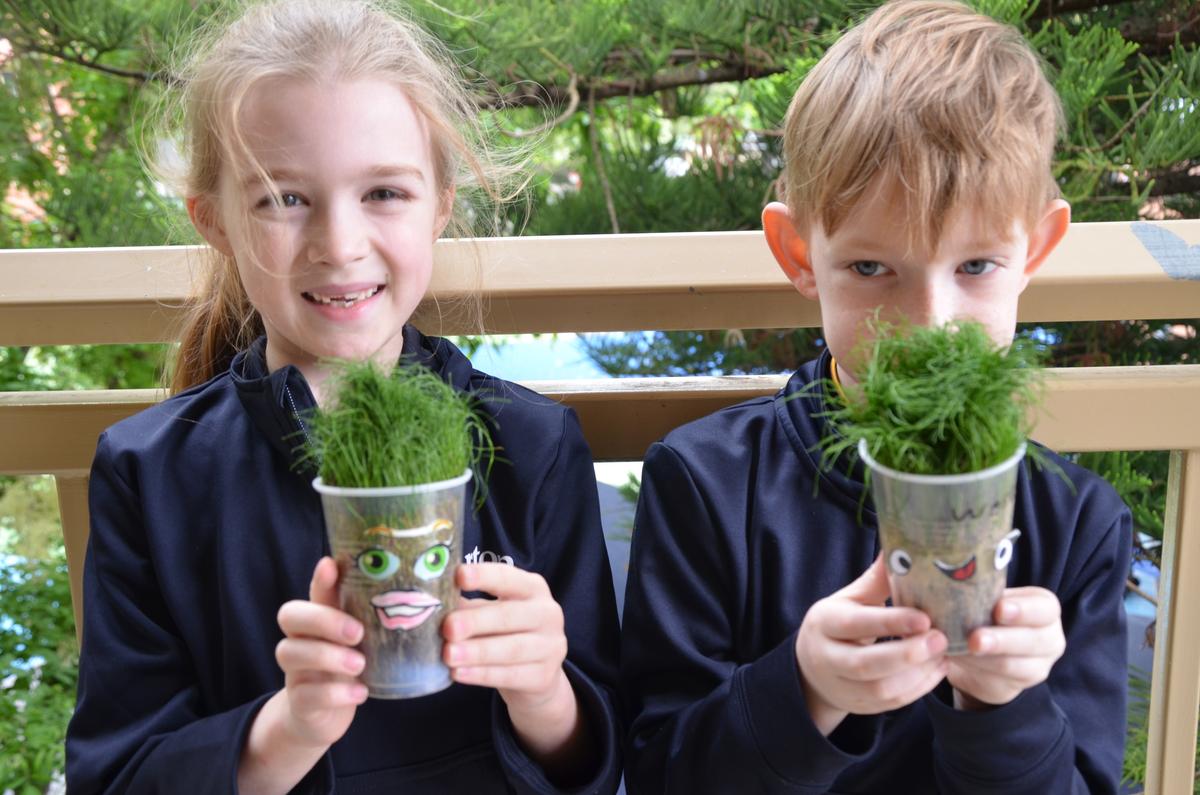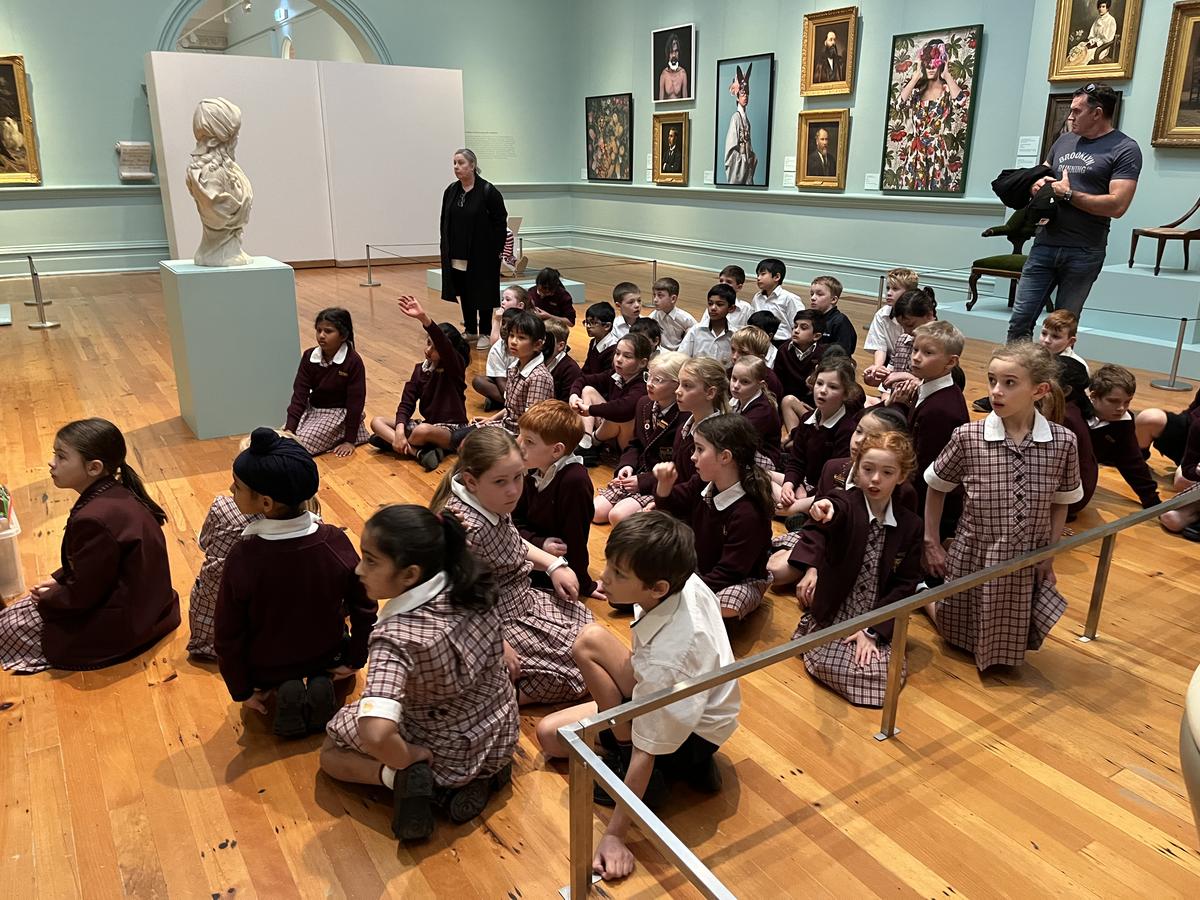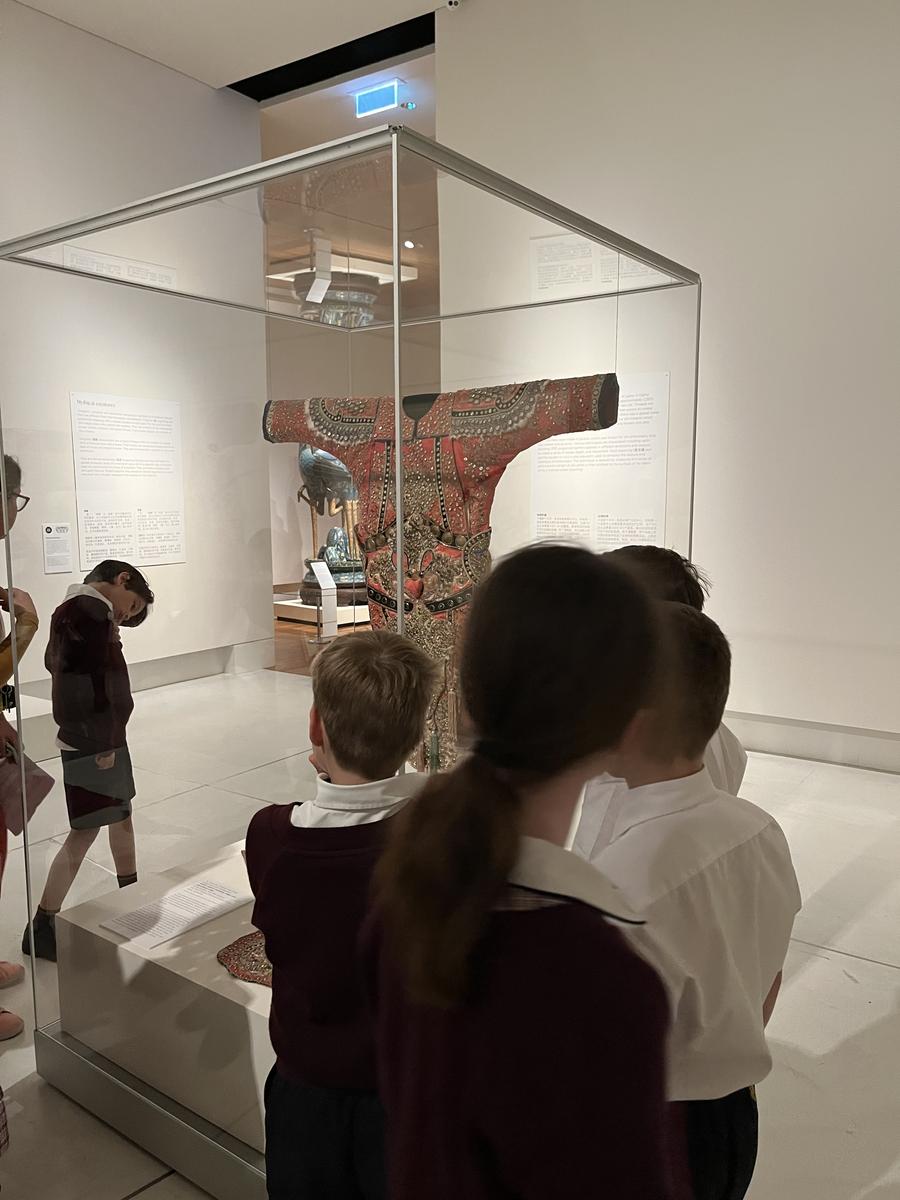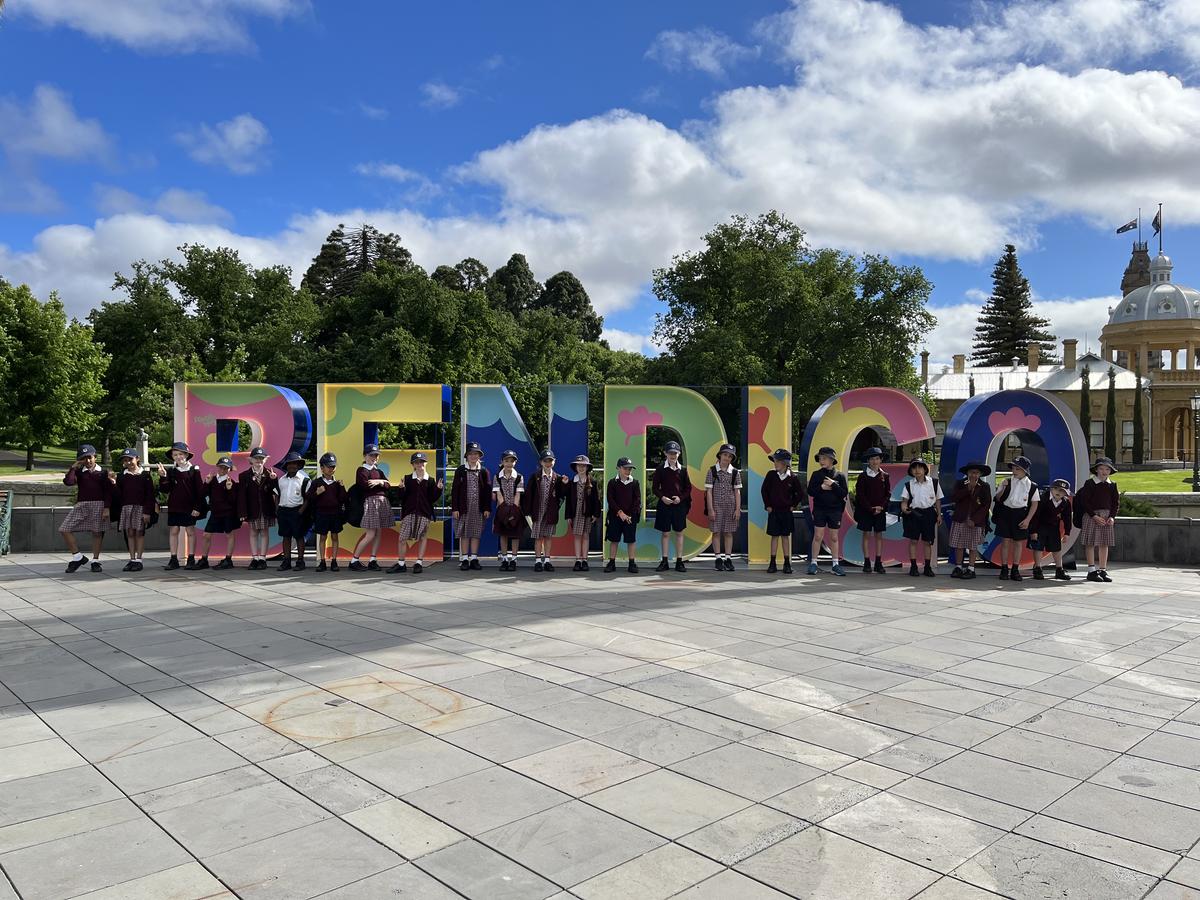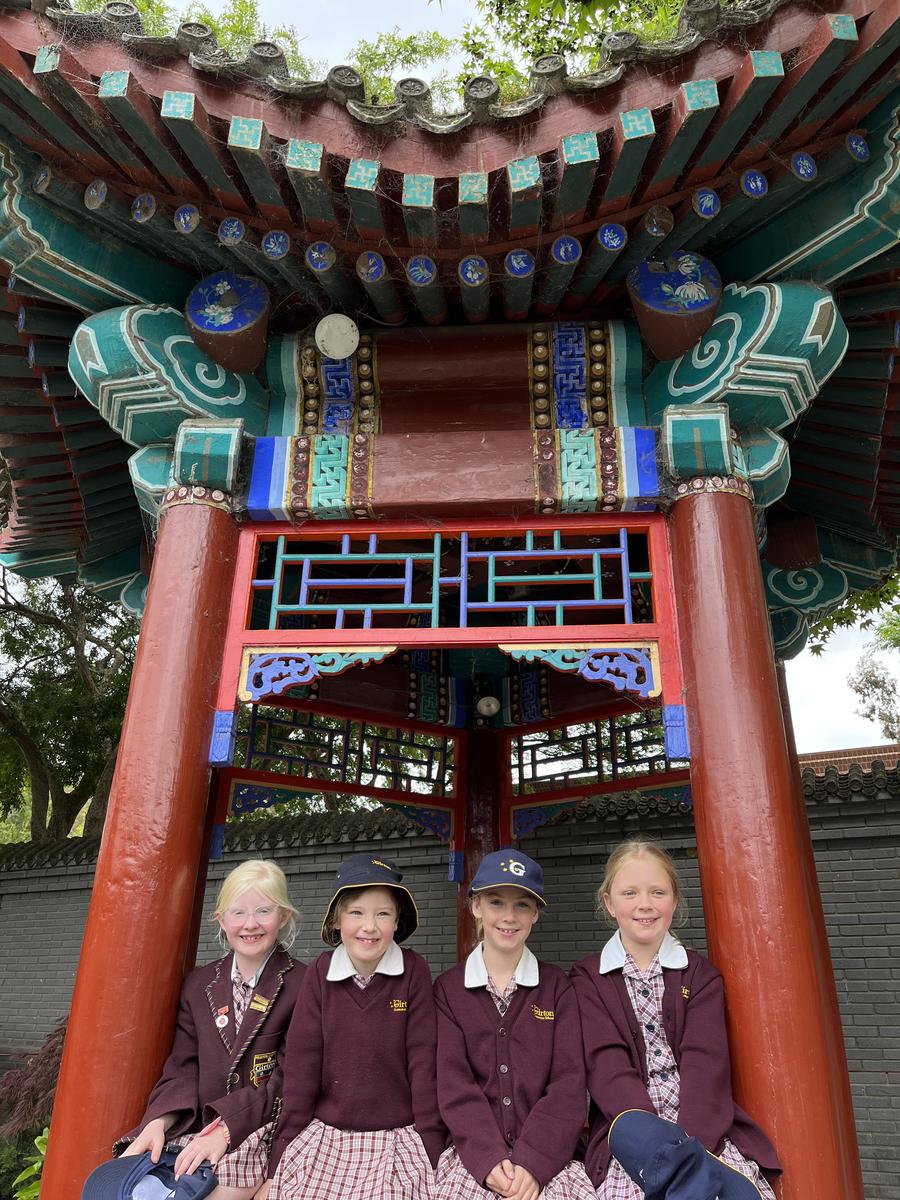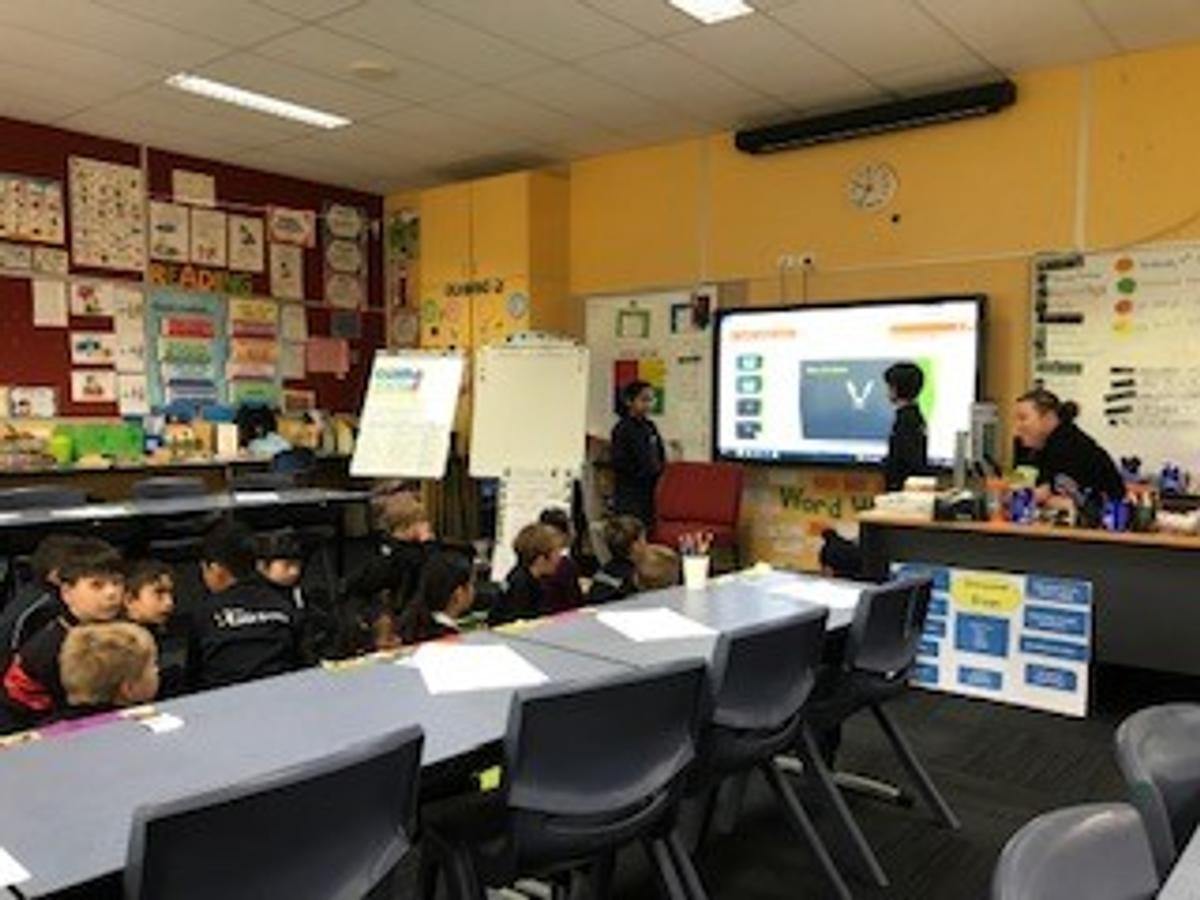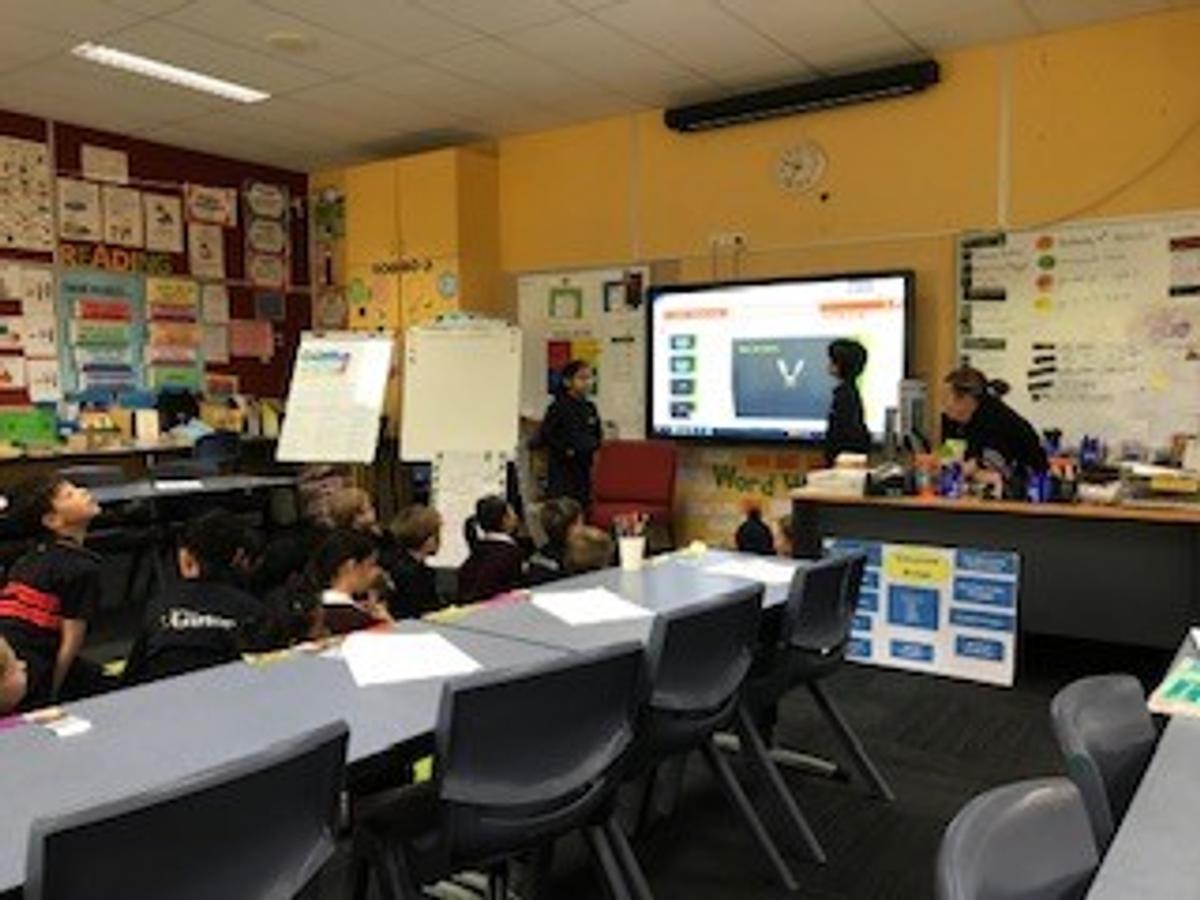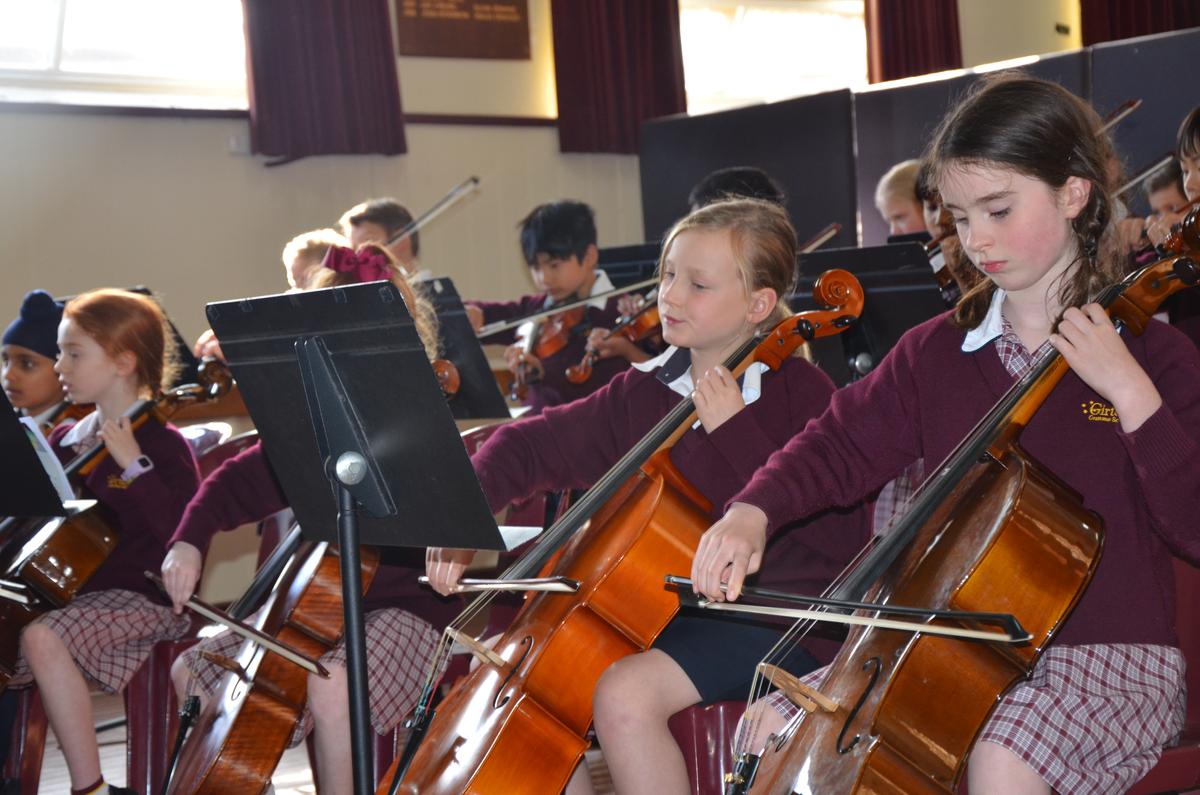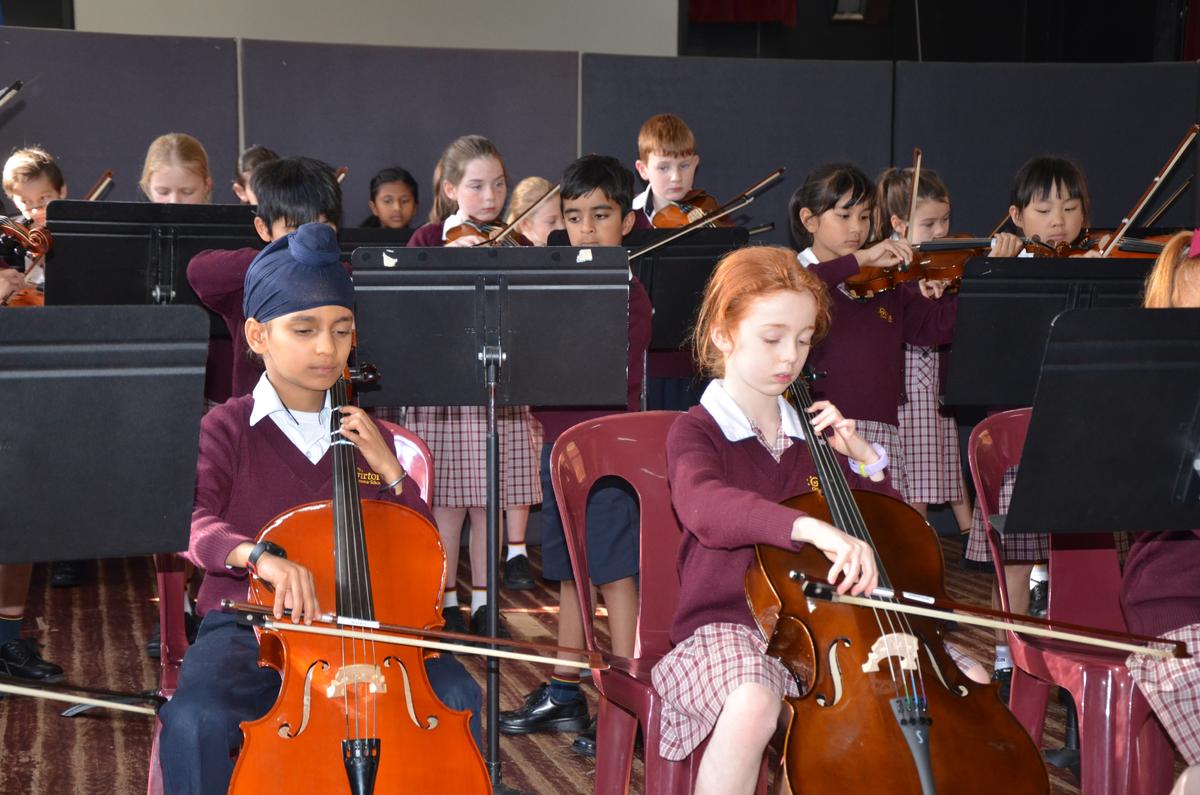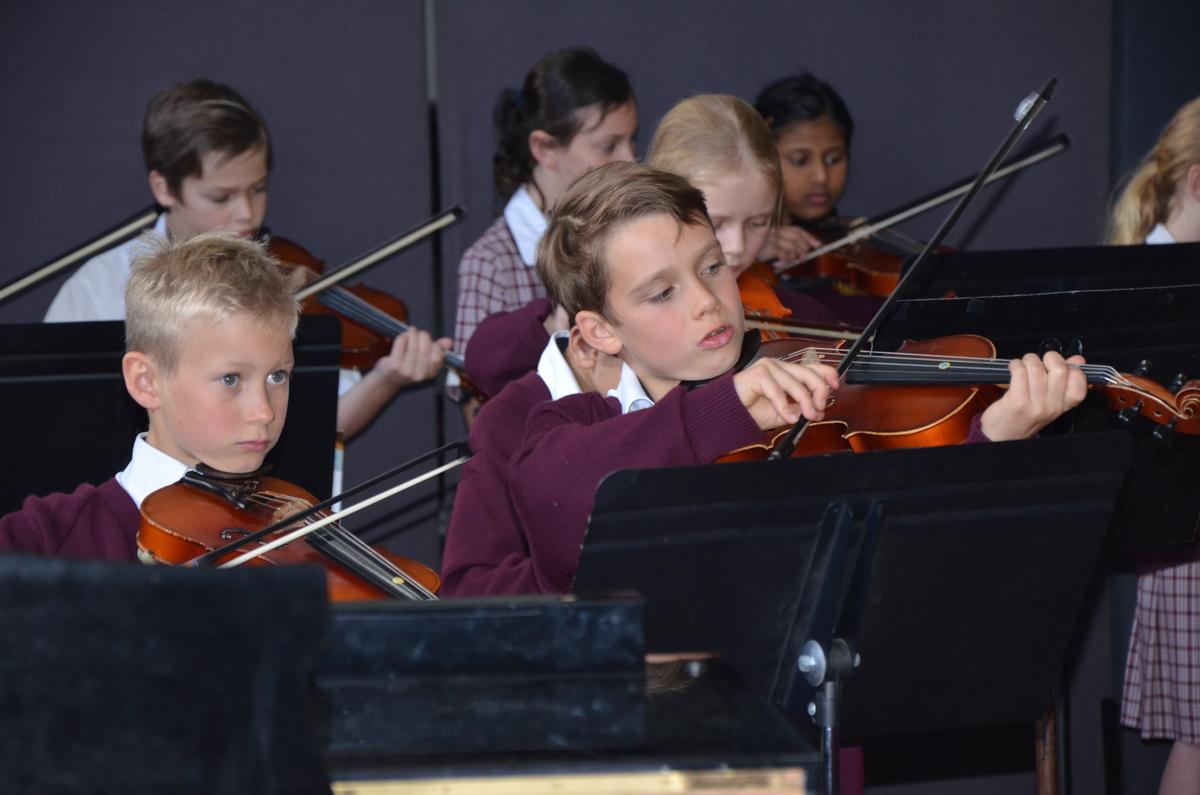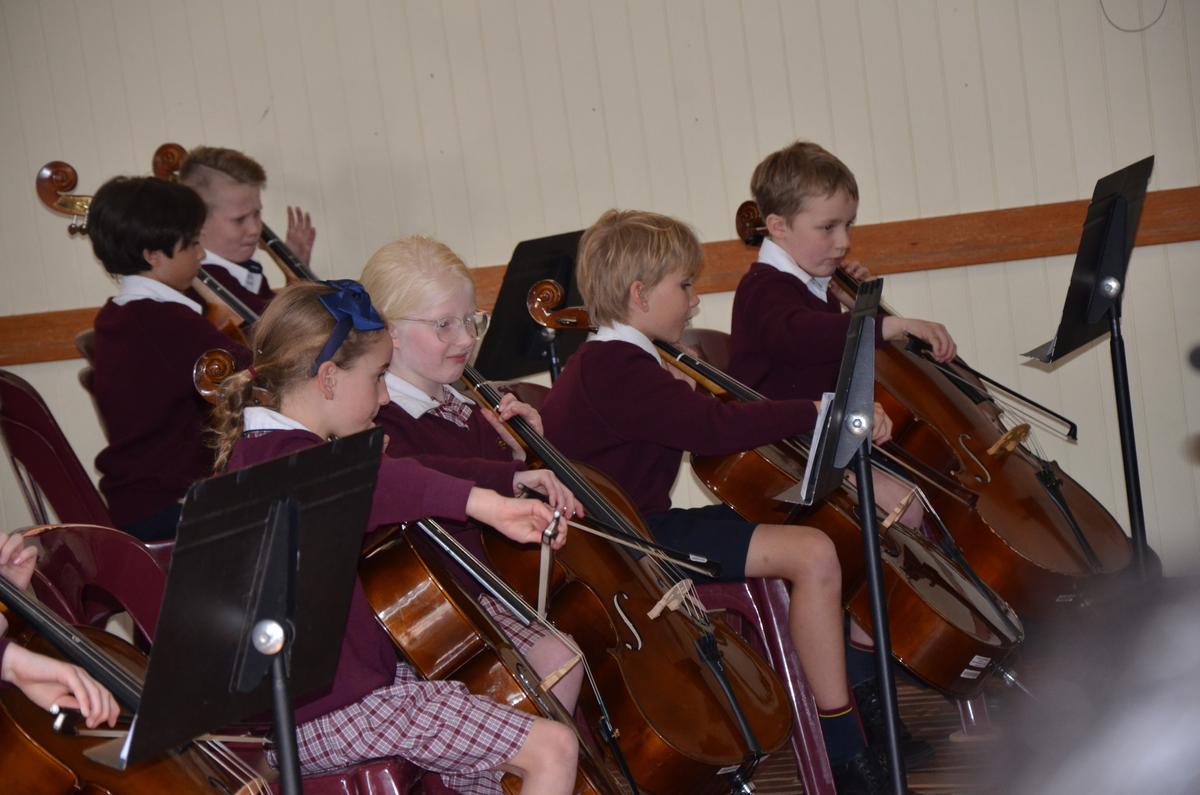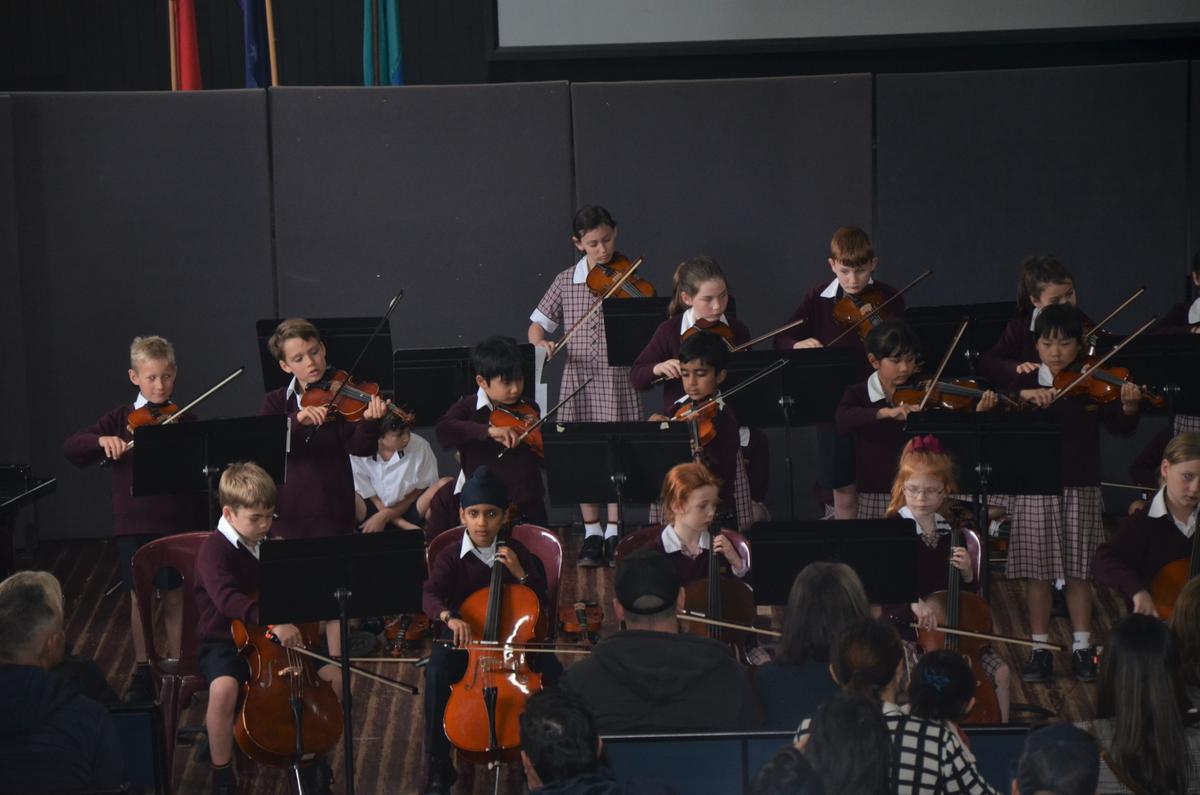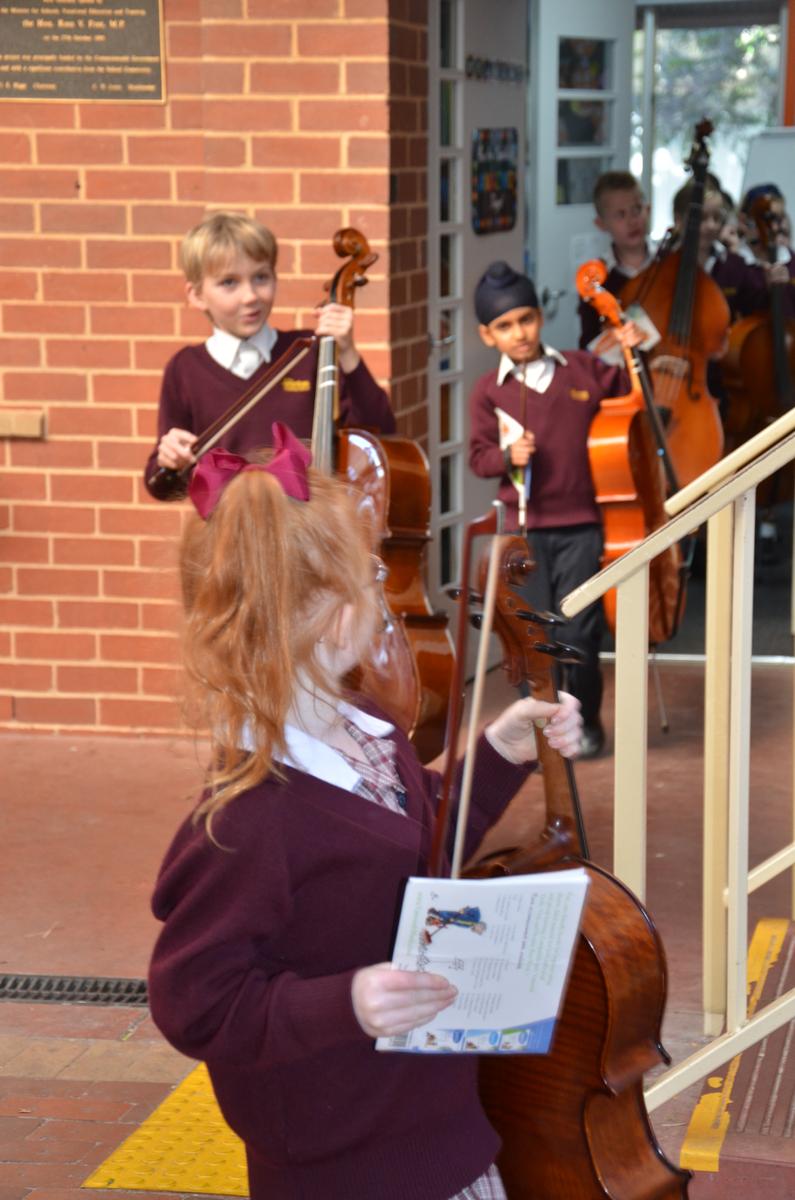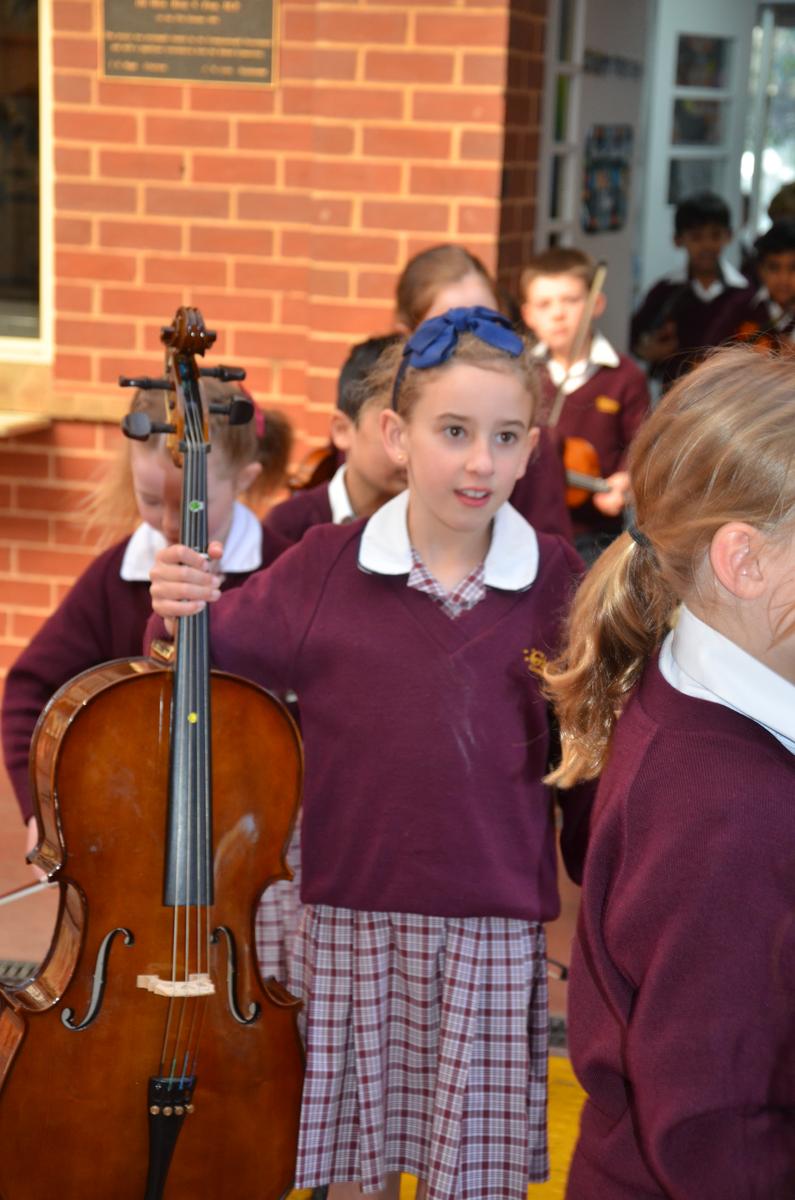Junior School News
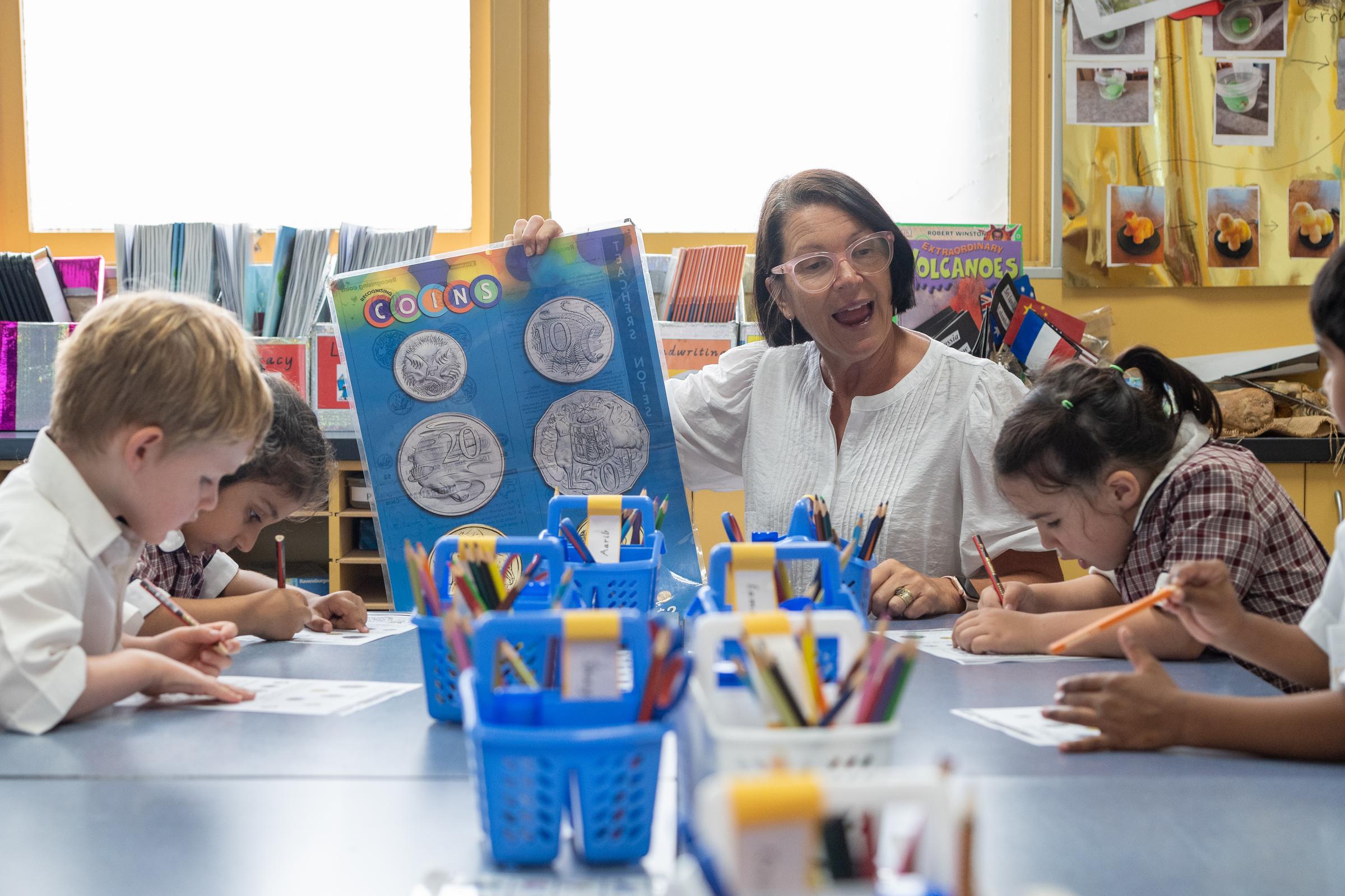
From the Head of Junior School
It is that time of the year when students begin thinking about their classes for the following year. This can bring with it some feelings of nervousness and apprehension. This is quite normal and to be expected. Engaging with uncomfortable feelings is part of the growth process. In Junior School our students are taught to recognise and understand emotions from Prep. We teach our students that all emotions are normal and that, by recognising and understanding our emotions, we can regulate when we are facing challenging situations. It is also common at this time of the year for parents to try and minimise the uncomfortable situations that their children encounter. This might be by requesting that their child is put with a specific teacher, put with specific children or not put with certain children. Unfortunately, removing obstacles or protecting our children from uncomfortable situations means that they will not learn how to manage uncomfortable emotions. In her book, Bonsai Child, Judith Locke discusses the importance of supporting our children to meet challenges so that they will learn that they can manage difficult emotions and difficult situations. I have attached an article from Judith’s website where she discusses the importance of letting our children meet struggle independently. It will benefit them in the future if they know that they can meet the challenges they face in a supportive environment.
Mr Donald Thompson
Head of Junior School
Mobile Phones and Electronic Devices
Over the past few weeks we have had several incidents of students using smart watches to access internet, take photos or make recordings while at school. This breaches the school’s Student Mobile Device policy. https://astra.girton.vic.edu.au/send.php?id=165494 We ask that students do not bring smart devices, including watches, that have internet connectivity.
SRC Nude Food Day
On November 15th the SRC promoted a NUDE FOOD Day. Children were asked to bring minimal wrapping or rubbish in their lunch box and a competition took place to see which class had the best outcome. The results were outstanding. Only 23 items of rubbish were produced in total from all Junior School at lunchtime. 7 classes achieved zero rubbish so will be rewarded with an extended lunch break and a fruit platter to share. The colouring competition was extremely popular and our overall winner was Leah Morley for her excellent original design.
Year One Hairy Harrys
In Year One, a science focus for Term Four is to investigate the things plants require to grow well. One experiment that is conducted is to create a Hairy Harry. This experiment is based on an informational text that the students read in Literacy. The students follow a procedure to make a Hairy Harry. The equipment required to make a Hairy Harry is a cup, soil, water, and grass seeds. The students draw and label the equipment they require in their science journals. Students make a prediction about what may happen when they leave their Hairy Harry out in the sunshine.
After three weeks of growth students record their observations. The students were excited to see their Hairy Harry’s with a full head of hair.
(photos of Hairy Harry’s before and after)
Year Two Excursion: Dragon Museum
Quinn Wilson (2 Frew)
We went to the Chinese Dragon Museum. We learned about how long the dragons are. We saw the old Chinese costumes. We went to the Art Gallery and saw lots of good pictures.
Camilla Christian (2 Aherne)
Yesterday I went to an excursion. There were the Chinese dragons. I did not like what was inside the dragons, but I wondered how they made them. I loved the excursion.
Emelia Carlson (2 Frew)
I saw lots of dragons. We went to the Art Gallery and the Dragon Museum. We learned that the mirrors on the Chinese costumes are to scare the bad spirits. My favourite bit was when we got to make our costumes.
Gifted and Talented Lesson
Students participating in the Gifted and Talented Program ran a lesson in Year One.
We did a class with the Year One’s about mini beasts. We made PowerPoints about the subject so we could show them the information. We also made a quiz for the end of the lesson. We rehearsed with our own class (Year 2M) and then we arranged a time and day with Mrs Peter and Mrs Thompson to visit their classes. For the first lesson, we went into Mrs Peter’s classroom and showed the class the PowerPoint and we explained the information. Then we did the quiz by reading the questions and the Year One’s put up their hands to vote for a yes or no answer. They asked us questions about mini beasts and also about being in Year Two. We then went into Mrs Thompson’s room and did the same lesson.
The best part of the project was explaining the information to the Year One’s and making the PowerPoint. The biggest challenge was figuring out how to merge two PowerPoints into one because we had to decide which facts we didn’t really need to use.
Graham Ziffer (2 Jones)
Hasini Balraj (2 Riley)
Year Two Strings Evening
On Monday 21st November, all of the Year 2 students were involved in their end-of-year recital for the Year 2 String Program. This year, students have worked hard to establish basic techniques on the Violin, Viola, Cello, or Double Bass. They have worked on posture and holding their instrument, establishing a bow hold, and establishing the left hand technique. They can make strong sounds on their instruments and have worked on some more difficult finger patterns. Some of the songs performed at the recital were Twinkle Twinkle Little Star, The Grand Old Duke of York, and Old MacDonald. Year 2 students are commended for working so hard on their string playing this year and we hope they enjoy playing musical instruments for many years to come.
Mind your language. How what you say creates your child’s mindset.
Source: Parenting Ideas
One of the big ideas in education over the past 10 years has been Professor Carol Dweck’s work on Growth Mindset. However, despite (or perhaps because of) the hype, much of Dweck’s work has been misunderstood, or misapplied. Too often we’ve tried to teach about growth mindset, instead of teaching for a growth mindset. Importantly, the role parents play in helping develop a growth mindset in their child has been largely overlooked.
In this article I share a simple way you can help your child develop a more growth-oriented mindset.
About Mindsets
Your child’s mindset is how they view their most basic abilities, like their talents and intelligence, and it has a profound impact on their learning.
A child with a fixed mindset believes they are fundamentally limited. Who they are today, is pretty much who’ll they be in the future. For them, school and learning is a way to discover those abilities. They’ll ask if they are musical, or how smart they are. For these children, school becomes one long test to discover the answers to these questions.
A child with a growth mindset understands they have the capacity to develop their abilities. For them learning becomes a vehicle for creating and developing those abilities. You’ll hear this child say things like “I want to become really good at maths, so I’m going to work hard to make that happen.”
Why parents matter
Contrary to what social media might say, you can’t just tell your child to have a growth mindset. Their mindset is rooted in a lifetime of experiences.
As parents we play an important role in creating the experiences that develop our child’s mindset. What we repeatedly say, value, and reward all shape our child’s mindset. And I should know because I got it wrong.
What I did wrong
When my daughter was young, I encouraged her to try lots of different activities. She tried music, art, gymnastics, singing, the Maths Olympics. You name it, we tried it. And that’s fundamentally a good thing.
The problem wasn’t what I was doing. It was the messages I attached to it. Sometimes when she wasn’t keen to try a new activity, I’d say something like “Come on sweetheart, give it a go. You never know, you might be good at it!”
Can you hear the fixed message in there? “You might (already) be good at it.”
I turned trying something new into a test to find out if she was good at it. I promised her the possibility of instant success. To make things worse, if she didn’t have instant success, I’d often console her with something like “Well, don’t worry. You can’t be good at everything.”
In other words, she’d failed that test. Now it was on to the next test to see if she was good at that instead. The unintended lesson: If you’re not immediately good, give up.
Why did I do that?
If you just had an “ouch” moment, you’re not alone. Parents say these types of things all the time. We say them out of love, and with the best of intentions.
When we see our child upset or struggling, our natural reaction is to want to protect them from that discomfort. But what I did was to provide my daughter with an excuse for struggle by saying “you’re not that type of person.”
Perhaps you’ve provided your child with a similar excuse by saying something similar like “I was never good at that either.” The underlying message being “we aren’t the right type of person to be good at that—we don’t have those abilities.”
A nudge in the right direction
To help us be better parents and nurture a more growth-oriented mindset in our children, we need a little nudge. A reminder that helps us counter any unconscious bias and ensure we create more growth-oriented messages for our children.
I’ve created lots of these nudges, for all types of situations. The one relevant to this situation is to remember that “Learning is about creating, not discovering.”
Learning is about creating, not discovering.
In the context of trying new things, this nudge reminds us that we’re not trying to find out if my daughter has those abilities. We’re trying to decide if she wants to develop those abilities. So, now I might say:
“Darling, getting good at something takes time and the right type of effort. You need to decide if this is something you’re prepared to invest the time and effort into getting good at.”
The nudge helps us repeat this message over and over, slowly creating a more growth-oriented mindset. They become more empowered and see life as being in their control. They recognise they can become whoever they want, or need, to become.
It’s like George Bernard Shaw said, “Life is not about finding yourself.”




